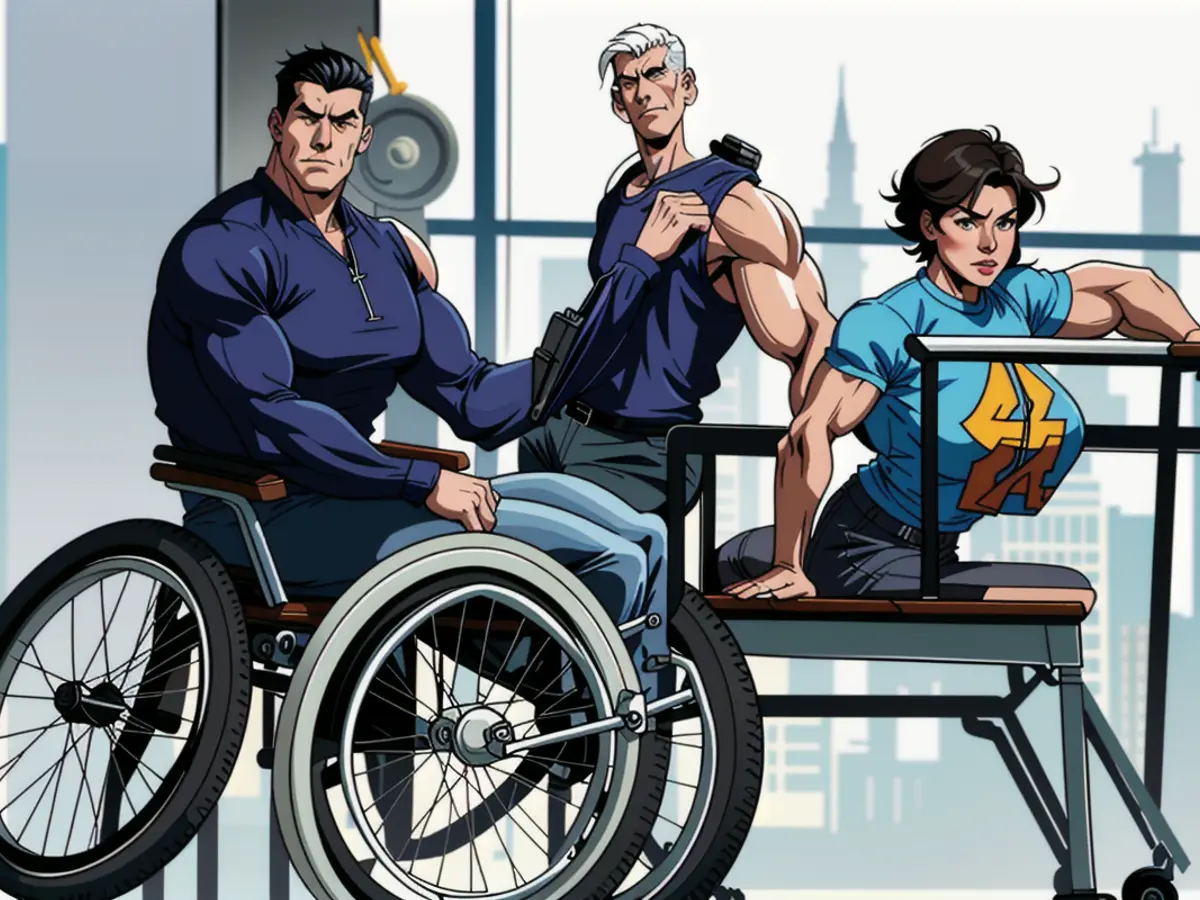Do Disability Advocacy Organizations Overlook Disabled Individuals in Leadership Positions?
The absence of individuals with disabilities in the decision-making positions of non-profit organizations, especially those dedicated to assisting individuals with long-term health conditions, often sparks enthusiastic debates.
This sentiment is backed by the popular phrase, "Nothing about us, without us," echoing within the disability advocacy movement. The reasoning behind this is straightforward: organizations that claim to represent specific disability communities should, at the very least, have representatives from those communities leading them at some level. Otherwise, it's seen as misappropriation of the unique experiences of disability by non-disabled individuals.
Recently, in the U.K., Disabled People's Organizations (DPOs) together with Disability Rights UK, criticized several prominent disability charities for adversely impacting disabled people's interests. DPOs, like these organizations, are often charities themselves, but they distinctly differ because they are led by individuals with disabilities as part of their core governance. The attack was led by the DPO Forum England Group, which includes organizations such as Inclusion London, Disabled People Against Cuts, and the British Deaf Association. This criticism was brought forth within the context of responding to the new Civil Society Covenant consultation initiated by Prime Minister Keir Starmer's government, aiming to boost cooperation between the government and civil society.
In their response, they stated:
"They co-opt our language of empowerment yet fail to share decision-making power or access with us.
"They secure the majority of funding in the disability sector, yet fail to let individuals with disabilities lead their organizations, campaigns, and policy work.
"This perpetuates the paternalistic and charitable marginalization of individuals with disabilities."
Additionally, they observed, "Despite our 45-year track record in advancing disability rights and driving systematic change, we encounter significant hurdles in securing meaningful engagement and funding compared to non-disabled-led disability charities."
"These charities, typically holding larger budgets and having established government ties, invariably overpower our initiatives, perpetuating a cycle where non-disabled voices shape disability policy and community work."
The coalition highlights that between 2022 and 2023, nine disability charities divvied up 1,457 government contracts worth over £460 million, leaving 90 DPOs with only 148 contracts amounting to £12.5 million during the same period.
A nuanced image
However, when examining the U.K. non-profit sector as a whole, not just disability-focused charities, it becomes apparent that non-profits are among the top employers of individuals with disabilities in the country. The National Council for Voluntary Organizations reports that 25% of civil society workers identify as disabled, compared to 17% in the general economy. In terms of disability representation at the leadership level, the Association of Chief Executives of Voluntary Organizations' 2023 Pay and Equality Survey shows that 25% of sector CEOs have a disability, learning difference, or health condition, up from 20% in 2022 and 17% in the previous year. Conversely, the representation of individuals with other protected characteristics across the sector seems to be on a downward trend.
Although these statistics present a positive outlook, the concerns raised by the DPOs in relation to disability charities appear to hold merit, especially considering the distinctive and authentic nature of the lived experience of disability and its accompanying marginalizations.
Regrettably, as we move towards 2025, DPOs continue to face an uphill battle against the established legacy of these major charities. Reversing this situation, if that's even a desirable goal, won't happen overnight. Moreover, the sheer size and financial might of such organizations usually demand seasoned industry leaders in their top positions. Systemic employment inequalities mean that such individuals typically hail from non-disabled backgrounds. Progress may be slow, but it can certainly be expedited by the government and society acknowledging the unique and influential role DPOs can play, and working towards creating a space for their growth.
- Keir Starmer's government's new Civil Society Covenant consultation has faced criticism from the DPO Forum England Group, comprising organizations like Inclusion London, Disabled People Against Cuts, and the British Deaf Association, who argue that prominent disability charities often fail to share decision-making power or leadership positions with disabled people, despite receiving a significant portion of funding in the disability sector.
- The British Deaf Association, along with other Disabled People's Organizations (DPOs), has pointed out a stark disparity in their ability to secure meaningful engagement and funding compared to non-disabled-led disability charities, despite the unique perspective and extensive experience in disability rights advocacy that DPOs bring to the table.






